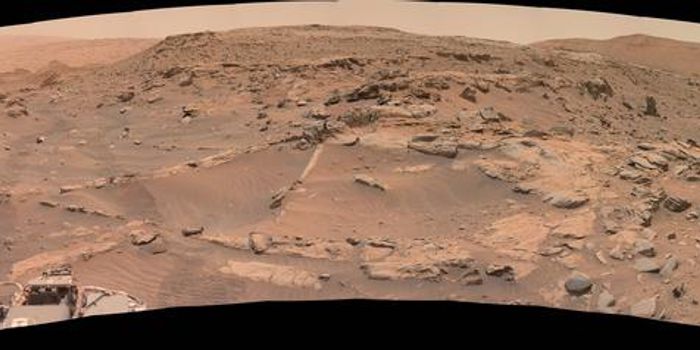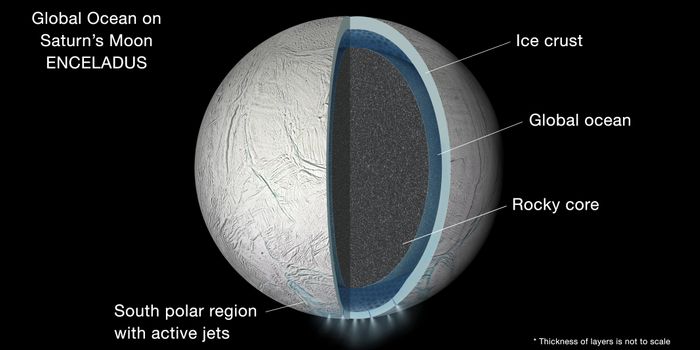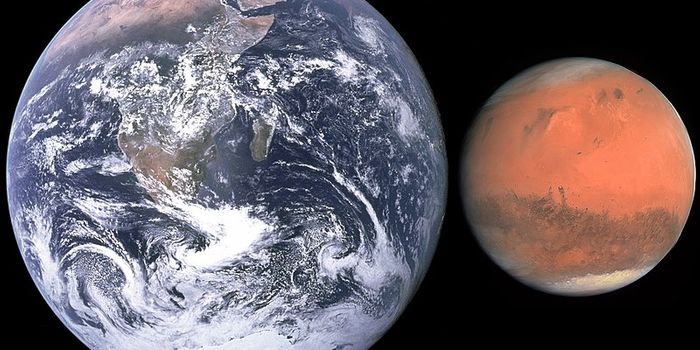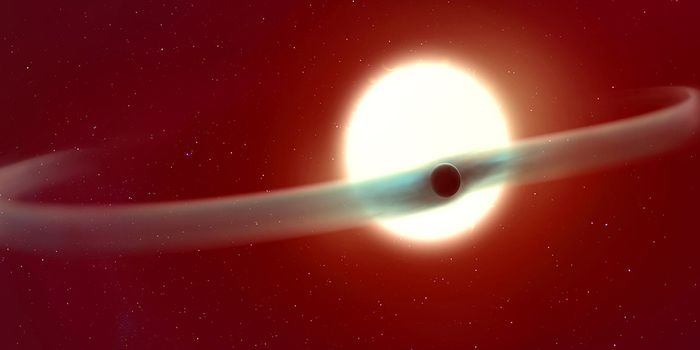Space Travel's Impact on Blood and Bone: Study Reveals Remarkable Replenishment Mechanism
A recent study published in Nature Communications examines how microgravity can impact red blood cells and bone density in astronauts while bone marrow fat can restore them when the astronauts return to Earth from the International Space Station (ISS). This study holds the potential to help scientists and future astronauts better understand the impact of reduced gravity on the human body, both in space and upon their return to Earth. This study also comes at a time when NASA is preparing to send humans back to the Moon with the Artemis missions, and for the first time since Apollo 17 in 1972.
“We found that astronauts had significantly less fat in their bone marrow about a month after returning to Earth,” said Dr. Guy Trudel, who is a Professor of Medicine, Surgery, and Biochemistry at the University of Ottawa, and a co-author on the study. “We think the body is using this fat to help replace red blood cells and rebuild bone that has been lost during space travel.”
For the study, the researchers examined 14 astronauts both before and after conducting six-month missions to the ISS. They specifically focused on the astronauts’ bone marrow and conducted magnetic resonance imaging (MRI) scans at various times throughout the study. While the researchers discovered a 4.2 percent reduction in bone marrow fat approximately one month after returning from space, they also found these levels slowly returned to normal the longer the astronauts stayed on Earth, which corresponded with increased levels of red blood cells and bone restoration.
“Since red blood cells are made in the bone marrow and bone cells surround the bone marrow, it makes sense that the body would use up the local bone marrow fat as a source of energy to fuel red blood cells and bone production,” said Dr. Trudel. “We look forward to investigating this further in various clinical conditions on Earth.”
This study builds off a 2022 study published in Nature Medicine and first-authored by Dr. Trudel that examined what is called “space anemia”, and was part of ongoing research known as MARROW. For that study, Dr. Trudel found that microgravity resulted in a 54 percent reduction in red blood cells in astronauts after returning to Earth compared to how their bodies would have reacted entirely under Earth’s gravity. Like this most recent study, the researchers also examined 14 astronauts, but this time the analyses were conducted during their six-month missions to the ISS.
Astronaut Thomas Pesquet imaged inserting blood samples for MARROW research into the Minus Eighty-Degree Laboratory Freezer aboard the International Space Station. (Credit: NASA)
“Thankfully, anemia isn’t a problem in space when your body is weightless, but when landing on Earth and potentially on other planets or moons with gravity, anemia would affect energy, endurance, and strength and could threaten mission objectives,” said Dr. Trudel. “If we can find out exactly what’s controlling this anemia, we might be able to improve prevention and treatment.”
While further studies are required to better understand the impacts of microgravity on the human body, and specifically red blood cells and bone degradation, this study helped lay the groundwork for what astronauts can expect when traveling to the Moon and even Mars, someday.
What new discoveries will researchers make about how microgravity impacts the human body? Only time will tell, and this is why we science!
As always, keep doing science & keep looking up!
Sources: Nature Communications, NASA, NASA (1), NASA (2), EurekAlert!, Nature Medicine, Government of Canada









